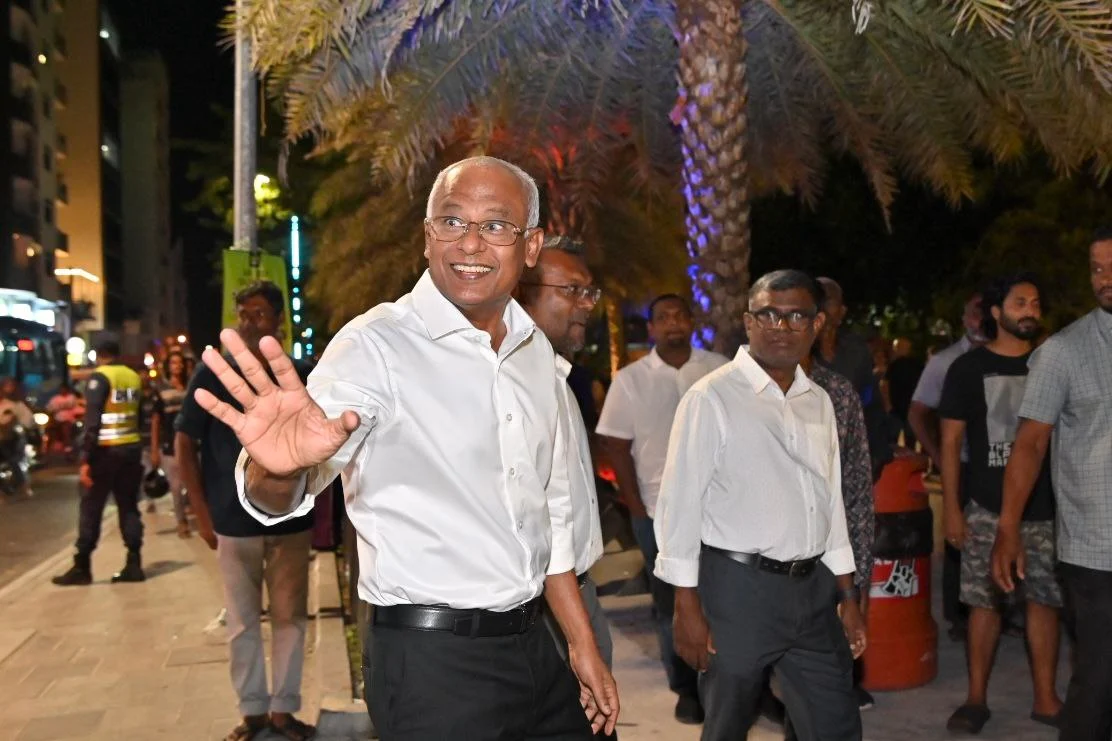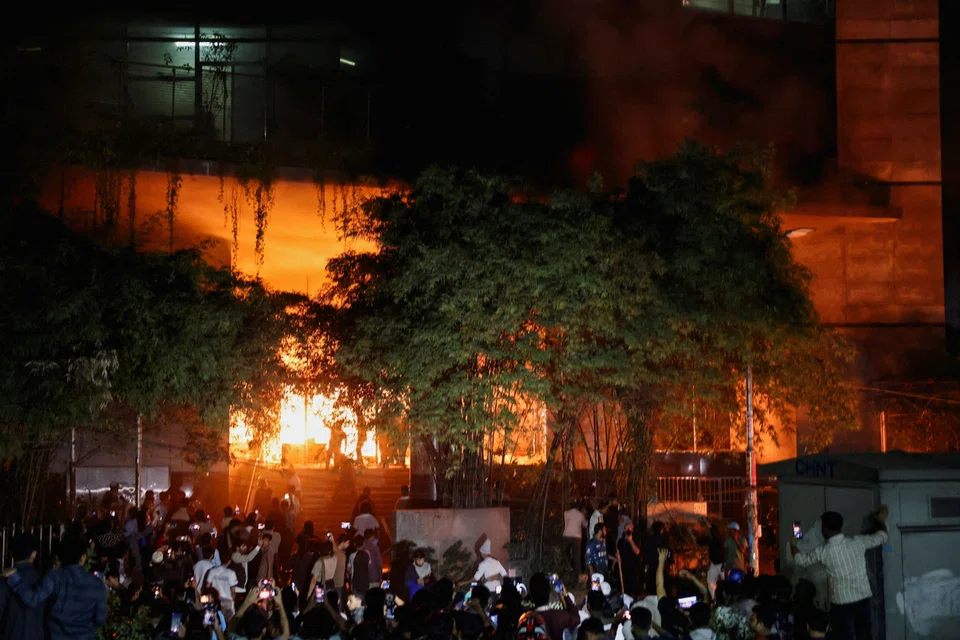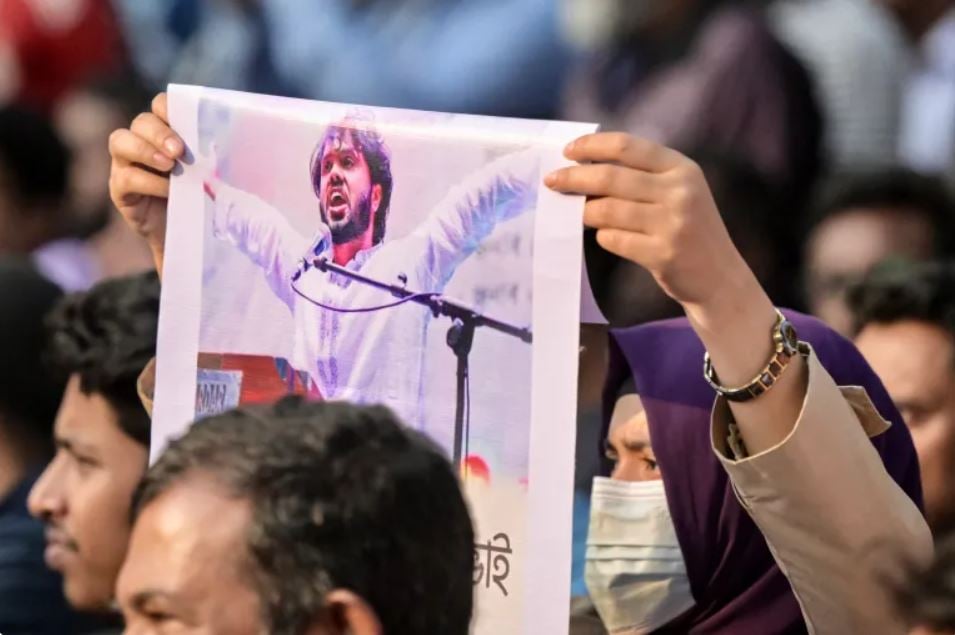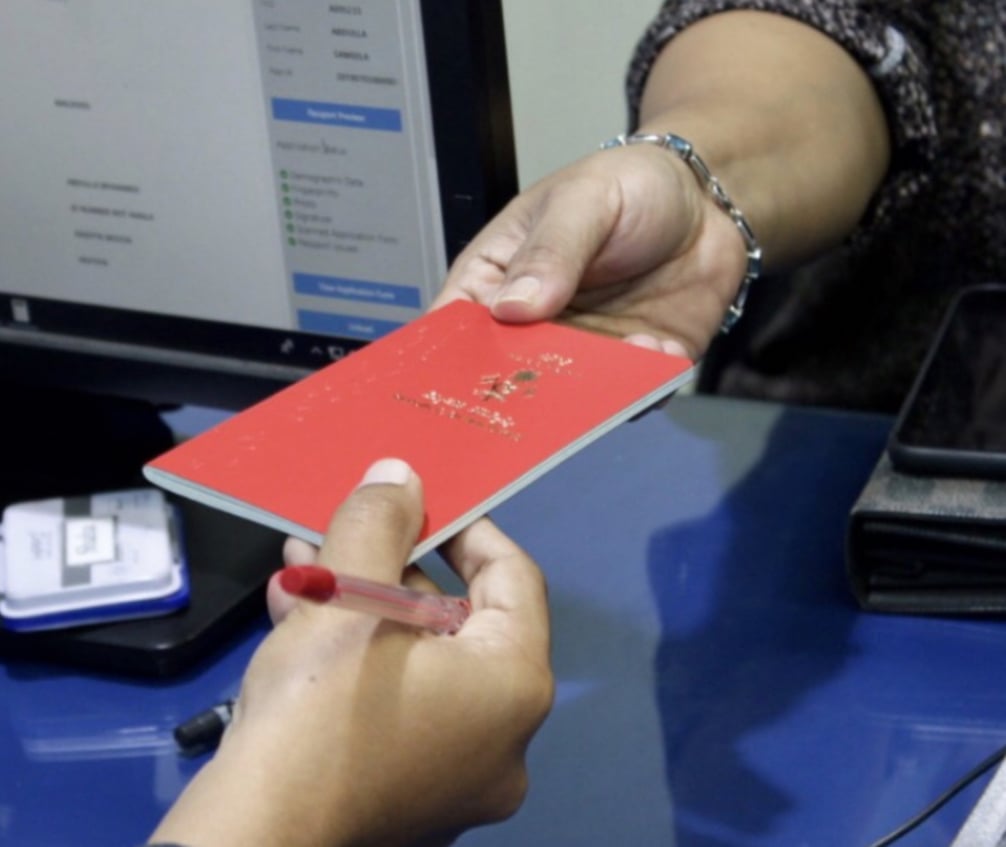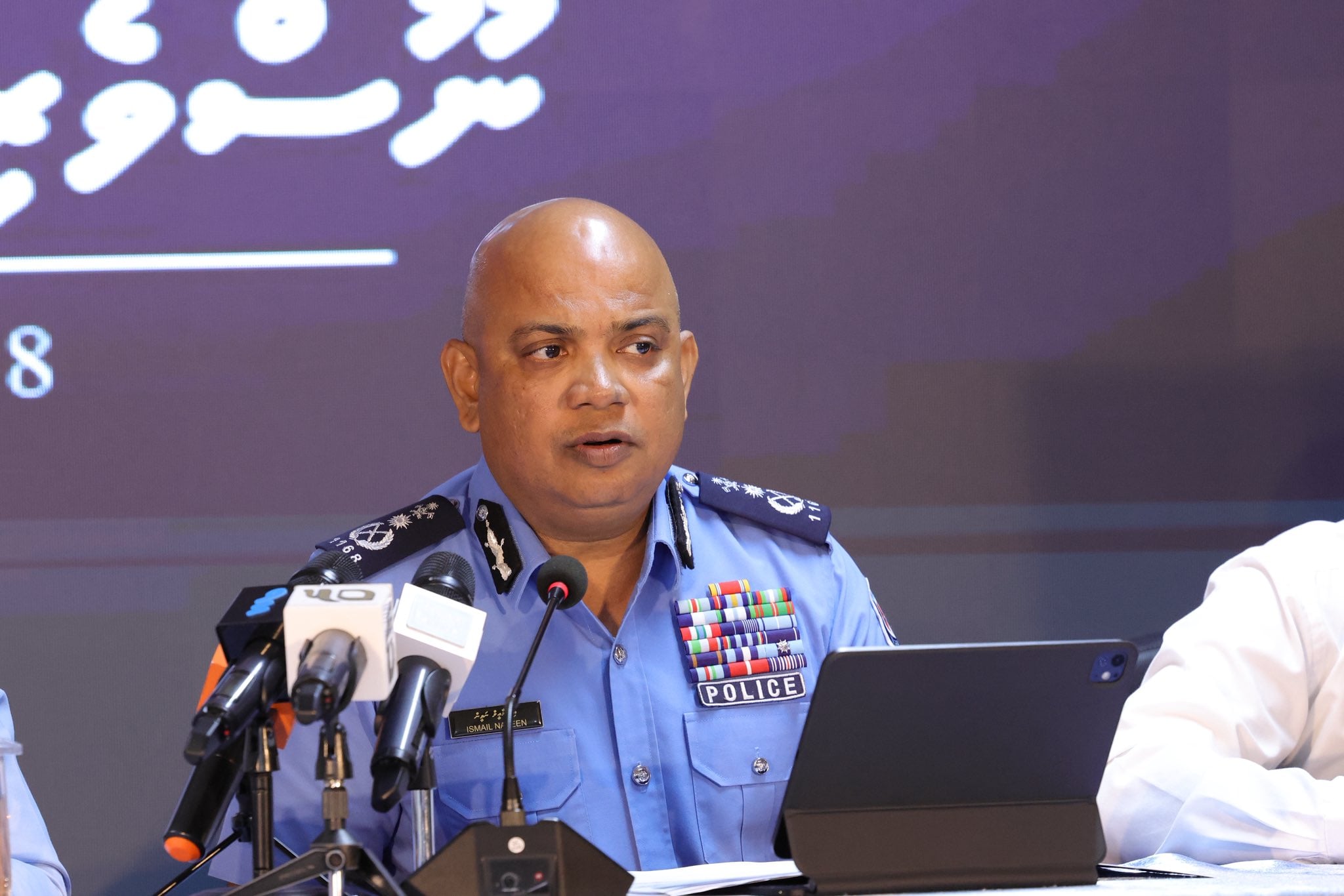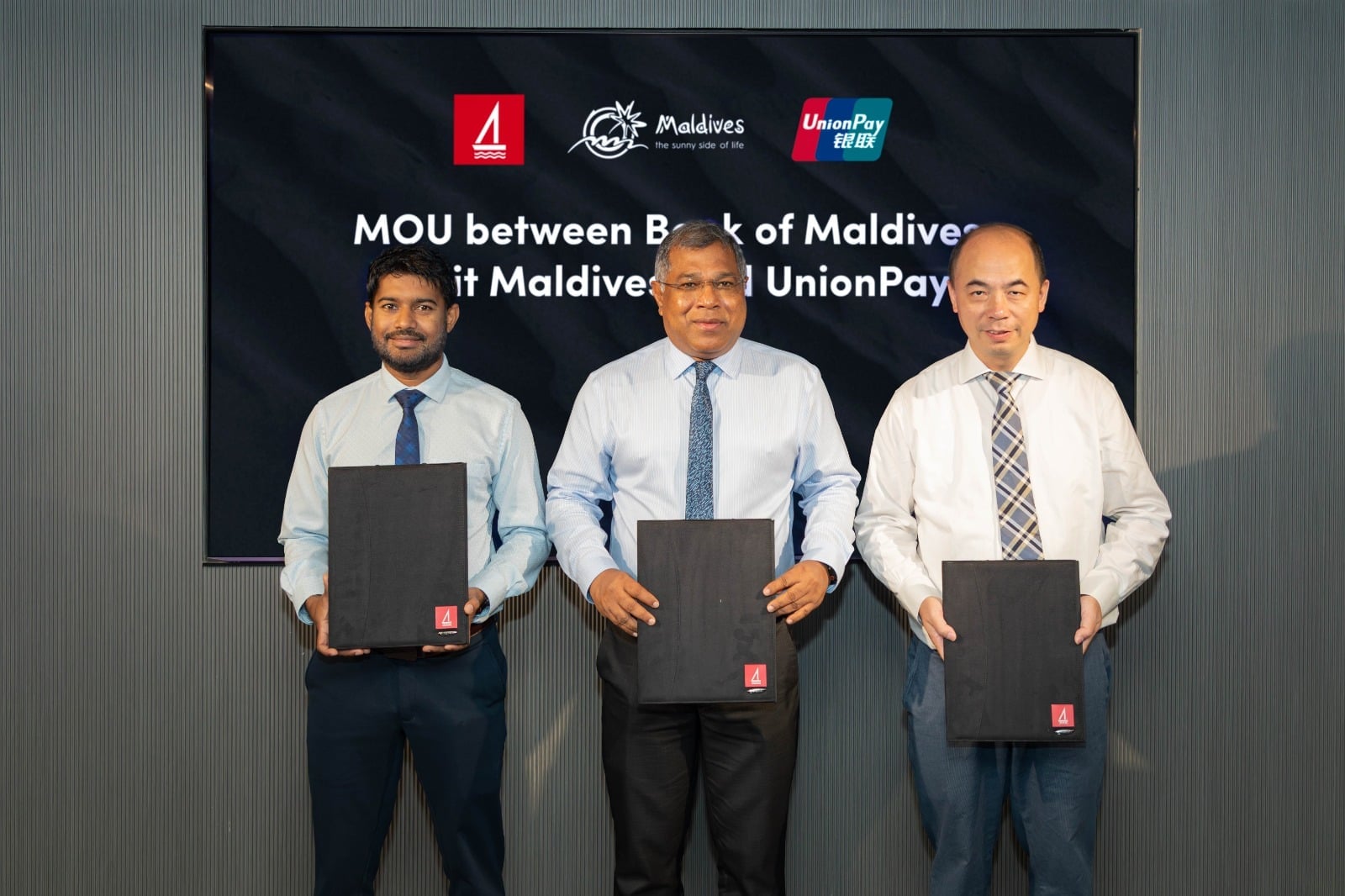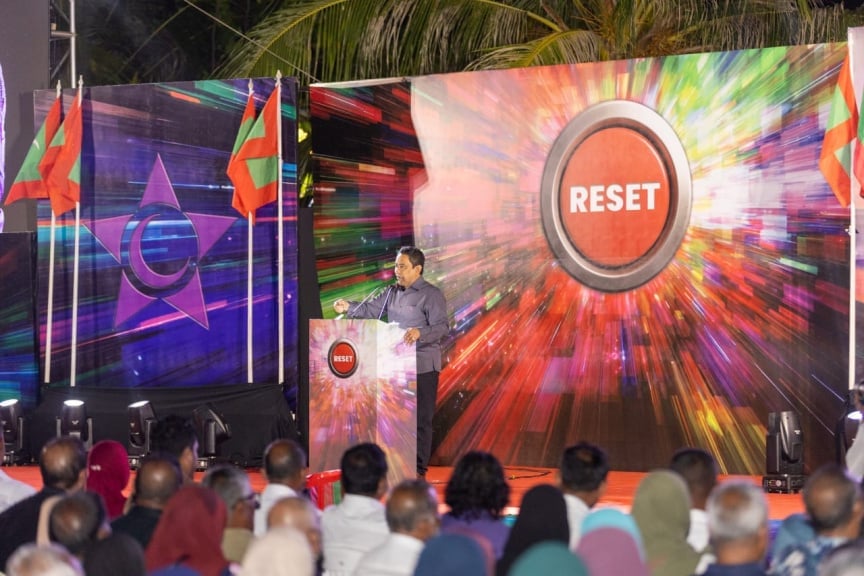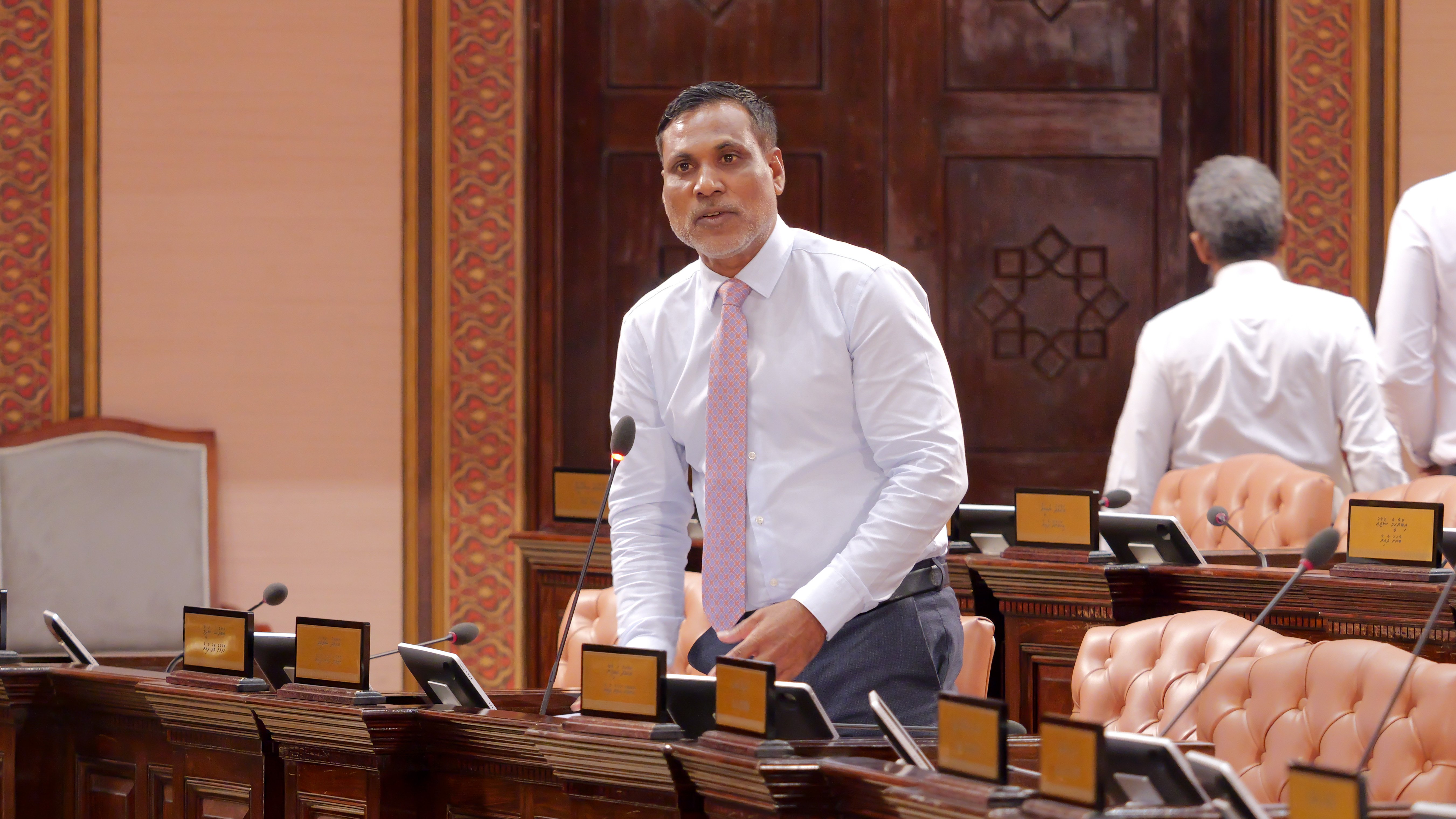Former President Ibrahim Mohamed Solih has defended the decision to print MVR 8 billion during the COVID-19 pandemic, stating that it was necessary to prevent an economic collapse. Speaking on a program broadcast by Raajje TV, Solih emphasized that without these measures, the country would have faced severe challenges within three months.
Addressing the economic measures taken during his presidency, Solih explained that closing borders during the pandemic left the government with no alternative but to borrow from abroad and print money. “If MVR 8 billion had not been printed, Maldives would have been in crisis in just three months,” Solih said.
Responding to criticisms that printing money led to inflation and dollar shortages, Solih dismissed the claims as unfounded. “Of the MVR 8 billion printed, MVR 6 billion was redeposited in the Maldives Monetary Authority’s (MMA) overnight deposits. Prices did not rise during that period,” he explained. Solih accused the current administration of mismanaging these funds by introducing them into circulation, which he argued could lead to inflation.
Solih also outlined the necessity of printing money during the pandemic, stating that the funds were essential to sustain the country’s operations. “If money hadn’t been printed, we wouldn’t have been able to import oil, food, or medicines, nor would we have been able to pay public sector salaries,” he noted.
The former president highlighted several key measures his administration took to ease the burden on the public, including deferred rent payments for resorts, salary support for employees, and allowances for those who lost jobs. “We ensured that businesses could recover, public loans were repaid, and essential sectors like healthcare continued to function,” Solih said.
He defended his decisions, stating, “We took the necessary steps to bring this country to a point where the burden did not reach the people. As a leader, I acted in the nation's best interest during an unprecedented crisis.”
Solih’s remarks amidst ongoing debate about the economic policies implemented during the pandemic and their long-term impacts on the nation.
Addressing the economic measures taken during his presidency, Solih explained that closing borders during the pandemic left the government with no alternative but to borrow from abroad and print money. “If MVR 8 billion had not been printed, Maldives would have been in crisis in just three months,” Solih said.
Responding to criticisms that printing money led to inflation and dollar shortages, Solih dismissed the claims as unfounded. “Of the MVR 8 billion printed, MVR 6 billion was redeposited in the Maldives Monetary Authority’s (MMA) overnight deposits. Prices did not rise during that period,” he explained. Solih accused the current administration of mismanaging these funds by introducing them into circulation, which he argued could lead to inflation.
Solih also outlined the necessity of printing money during the pandemic, stating that the funds were essential to sustain the country’s operations. “If money hadn’t been printed, we wouldn’t have been able to import oil, food, or medicines, nor would we have been able to pay public sector salaries,” he noted.
The former president highlighted several key measures his administration took to ease the burden on the public, including deferred rent payments for resorts, salary support for employees, and allowances for those who lost jobs. “We ensured that businesses could recover, public loans were repaid, and essential sectors like healthcare continued to function,” Solih said.
He defended his decisions, stating, “We took the necessary steps to bring this country to a point where the burden did not reach the people. As a leader, I acted in the nation's best interest during an unprecedented crisis.”
Solih’s remarks amidst ongoing debate about the economic policies implemented during the pandemic and their long-term impacts on the nation.





